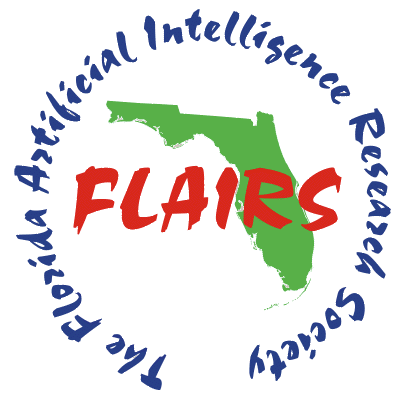On Clustering in Qualitative Spatial and Temporal Reasoning
DOI:
https://doi.org/10.32473/flairs.37.1.135496Resumo
Our understanding of the world is intricately linked to both the spatial arrangement of objects and the timing of events. Knowledge-dependent systems employ mechanisms like Qualitative Spatial and Temporal Reasoning (QSTR) to effectively process and interpret this information. This article explores application of QSTR in data clustering, offering several contributions. These include introducing a formal clustering framework for qualitative data, implementing a satisfiability encoding to compute a clustering, introducing two appropriate distance measures for Qualitative Relation Networks, and experimentally validating through adaptations of k-means and Hierarchical Agglomerative Clustering algorithms.
Downloads
Publicado
Como Citar
Edição
Seção
Licença
Copyright (c) 2024 Abderrahmane Boukontar, Jean-François Condotta, Yakoub Salhi

Este trabalho está licenciado sob uma licença Creative Commons Attribution-NonCommercial 4.0 International License.


